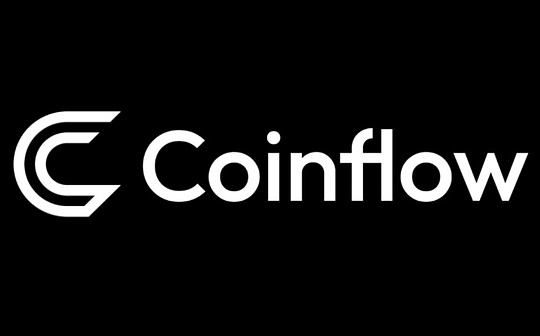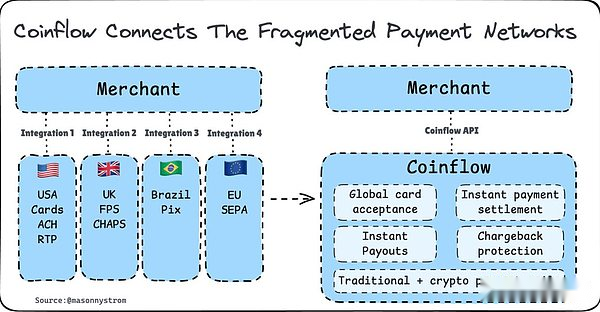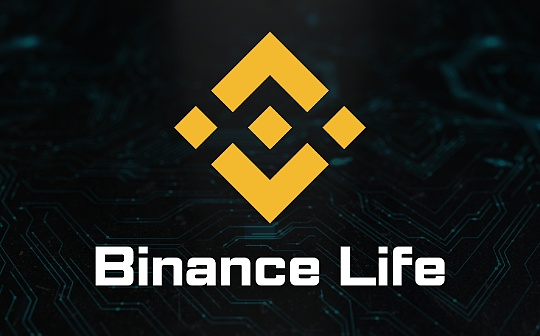
Author: Mason Nystrom, Ryan Barney, partners of Pantera Capital; Compiled by: Bitchain Vision
The first employee eBay hired was the person who processed checks.
eBay was so successful upon launch that it required a full-time employee to help run the company and handle profitability.Could you find a better first hire?
At first, eBay acted as a middleman, processing the checks people sent to trade goods.Naturally, online payment systems emerged, and PayPal’s competitiveness even surpassed eBay’s own subsidiary Billpoint, which was eventually acquired by eBay for $1.5 billion.This can be said to kill two birds with one stone.
Since the Internet started the “arms race” for online payments,The nature of finance requires faster payment and lower cost.Every new payments innovation—whether it’s Automated Clearing House (ACH), Secure Sockets Layer (SSL) checkout, QR codes, point-of-sale solutions, API-first products, mobile payments, or RTP real-time payment networks, stablecoins—are all heading toward the same goal: faster, cheaper ways to pay.
However, despiteThe nature of finance drives the payment system to pursue efficiency, but it also introduces its own disorder, resulting in a disorganized payment network., each network adds a layer of integration complexity without solving fundamental issues such as settlement speed, fragmentation or risk management.As a result, stablecoins and Coinflow came into being.
Today, we are excited to lead a Series A investment in currency payments infrastructure Coinflow.
Coinflow provides a unified payments architecture with instant settlement and fraud protection, solving problems that traditional providers fail to address.

One of the reasons for the fragmentation of this payment system is thatGlobal payment channels and networks are like separate walled gardens, fragmented by jurisdictional boundaries.For example, the United States is unlikely to integrate with Brazil’s payment infrastructure PIX or vice versa due to national interest considerations.Stablecoins are expected to provide interoperability across countries and networks while providing a cheaper and faster transaction experience than traditional payment infrastructure.
Today, Coinflow provides one-stop payment solutions to global marketplaces, fintech companies, remittance service providers, gaming platforms and e-commerce merchants.Its products include fiat and cryptocurrency payment options for end consumers, stablecoin payment options for merchants, and in-house fraud detection models and chargeback protection products for merchants.
Coinflow’s story is not unlike that of PayPal, which realized that getting money over the internet was difficult, but it shouldn’t be.When co-founder and CEO Daniel Lev founded his last company, he also realized that the difficulty in accepting stablecoin payments was because the funding channels were not yet connected, but this situation should not exist.Since its seed round of financing in 2024, its revenue has increased 23 times, its payment coverage has expanded to more than 170 countries and regions, and its annual transaction volume has reached billions of dollars.
The future of money will be programmable, with stablecoins and blockchain rails rebuilding and connecting global payment infrastructure over the next decade.The nature of finance requires transactions to be cheaper and faster.And modern currencies – stablecoins – require modern payment solutions, just as the internet requires new payment architectures.Coinflow provides payment infrastructure for modern currencies.





